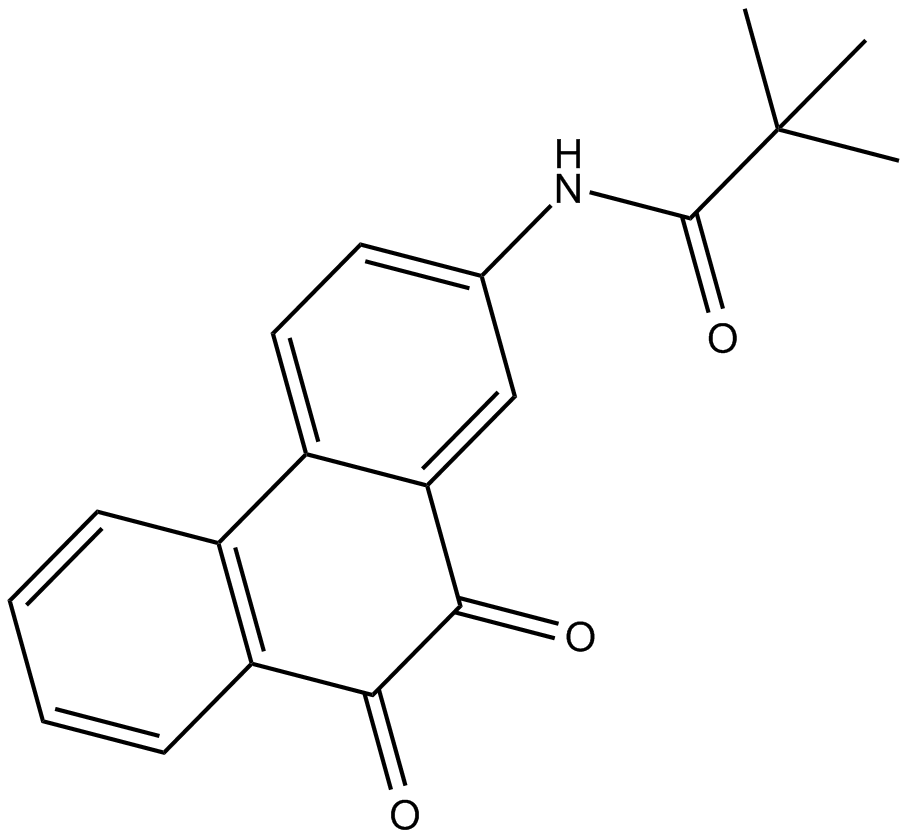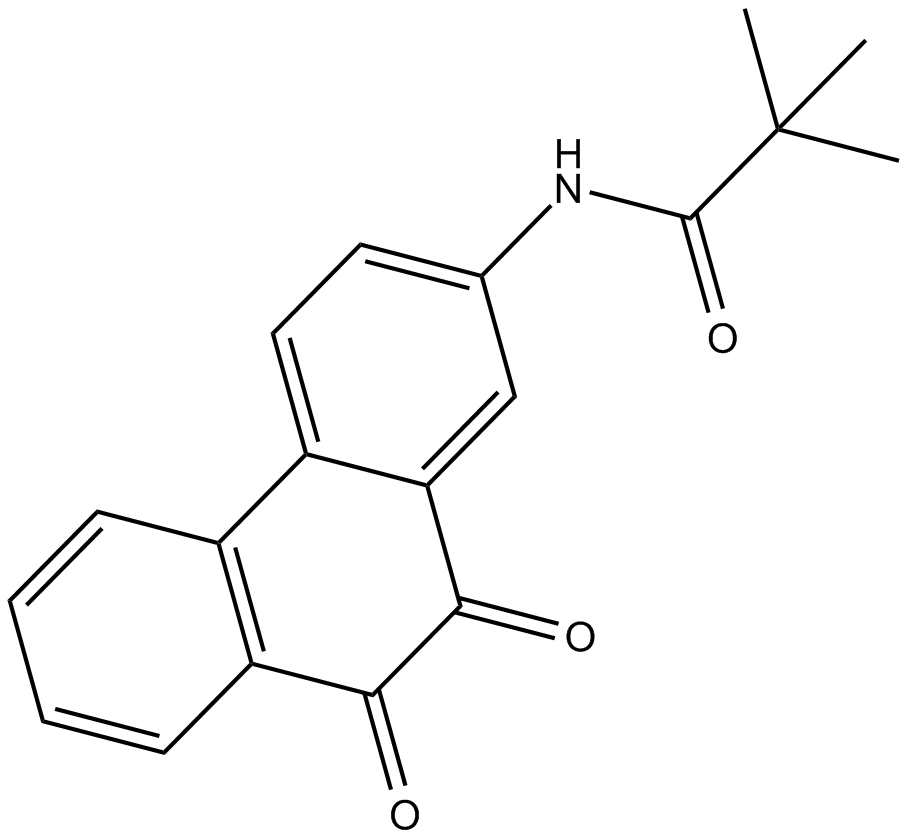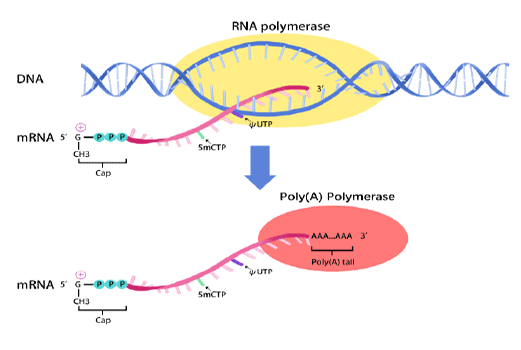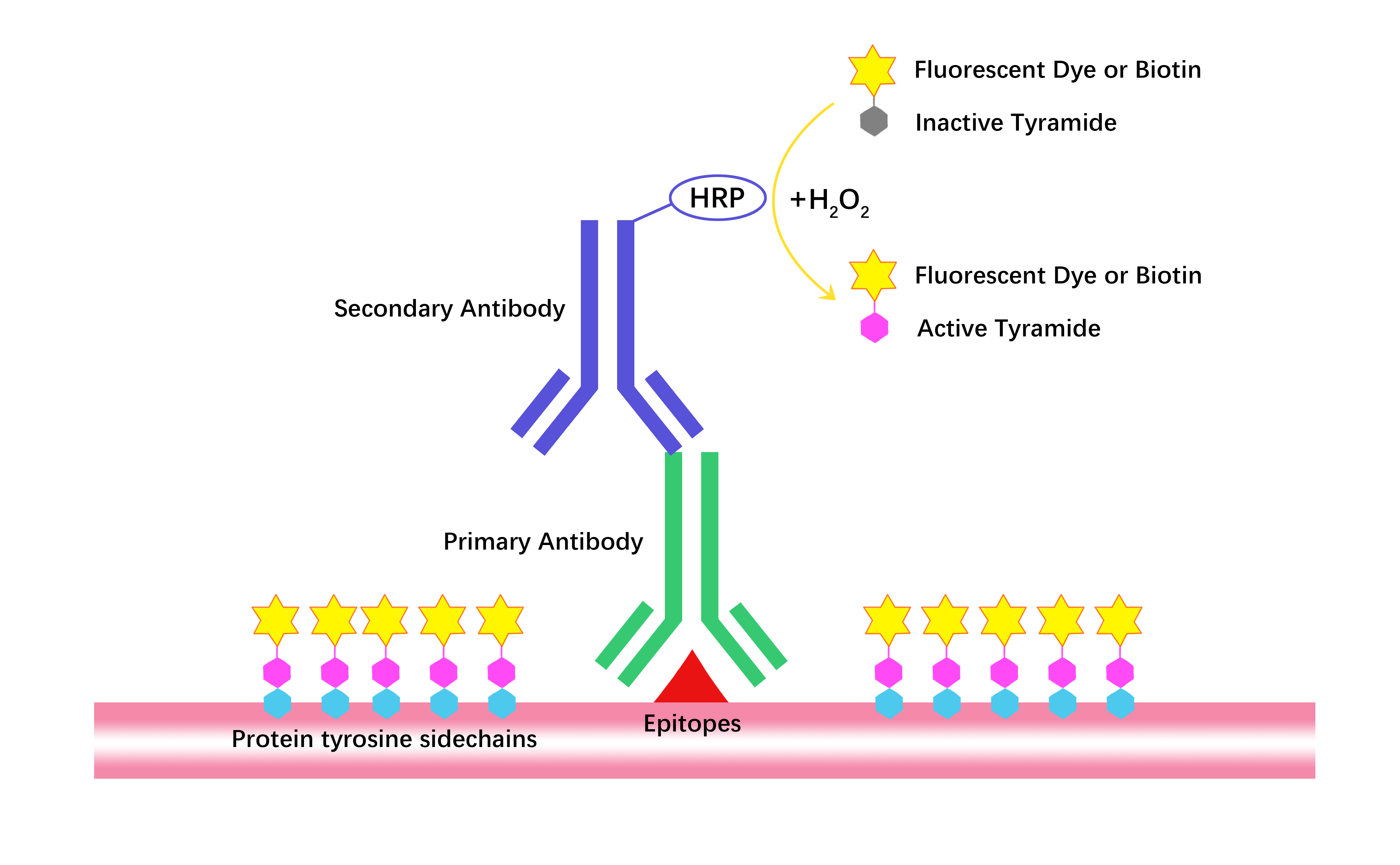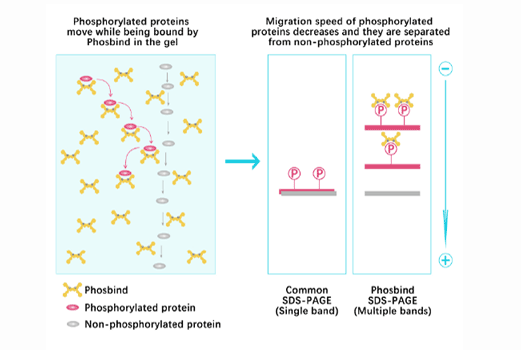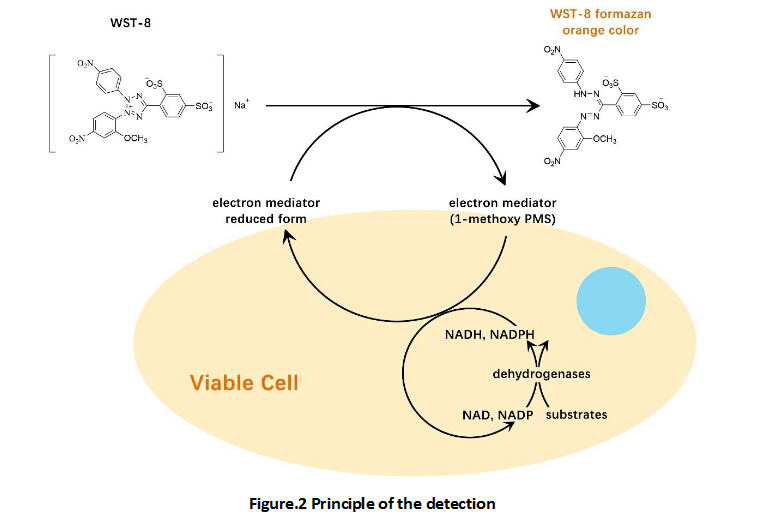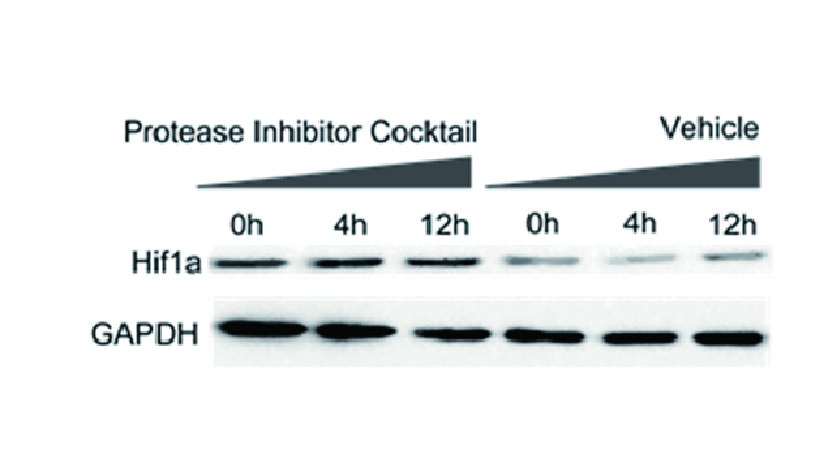SF1670
SF1670 is a potent and specific inhibitor of PTEN [1].
Phosphatase and tensin homolog deleted on chromosome 10 (PTEN) is a phosphatidylinositol 3’-phosphatase that converts PtdIns(3,4,5)P3 to phosphatidylinositol 4,5-bisphosphate. PTEN functions as a tumor suppressor that is mutated in many cancers [1].
SF1670 is a potent and specific PTEN inhibitor. SF1670 bound to the active site of PTEN and increased PtdIns(3,4,5)P3 signaling in neutrophils. In human neutrophils, SF1670 significantly increased Akt phosphorylation stimulated by chemoattractant and specifically increased PtdIns(3,4,5)P3 signaling. SF1670 efficiently increased Akt phosphorylation at the concentration of 250nM. In mouse neutrophils, SF1670 also increased Akt phosphorylation and PtdIns(3,4,5)P3 signaling, which was mediated by the inhibition of PTEN activity. In neutrophils, SF1670 significantly increased reactive oxygen species (ROS) production induced by fMLP. Also, SF1670 increased neutrophil polarization induced by fMLP, which was necessary for the chemotactic migration and neutrophil recruitment to sites of inflammation [1].
In a mouse neutropenia-associated bacterial pneumonia model, SF1670 increased the bacteria-killing capability and relieved inflammation-associated lung damage [1].
Reference:
[1]. Li Y, Prasad A, Jia Y, et al. Pretreatment with phosphatase and tensin homolog deleted on chromosome 10 (PTEN) inhibitor SF1670 augments the efficacy of granulocyte transfusion in a clinically relevant mouse model. Blood, 2011, 117(24): 6702-6713.
| Physical Appearance | A solid |
| Storage | Desiccate at -20°C |
| M.Wt | 307.34 |
| Cas No. | 345630-40-2 |
| Formula | C19H17NO3 |
| Solubility | insoluble in EtOH; insoluble in H2O; ≥15.37 mg/mL in DMSO |
| Chemical Name | N-(9,10-dioxo-9,10-dihydrophenanthren-2-yl)pivalamide |
| SDF | Download SDF |
| Canonical SMILES | CC(C)(C)C(Nc(cc1)cc(C2=O)c1-c(cccc1)c1C2=O)=O |
| Shipping Condition | Small Molecules with Blue Ice, Modified Nucleotides with Dry Ice. |
| General tips | We do not recommend long-term storage for the solution, please use it up soon. |
| Cell experiment [1]: | |
|
Cell lines |
Transplanted mouse neutrophils |
|
Preparation method |
The solubility of this compound in DMSO is >15.4 mg/mL. General tips for obtaining a higher concentration: Please warm the tube at 37 ℃ for 10 minutes and/or shake it in the ultrasonic bath for a while. Stock solution can be stored below -20℃ for several months. |
|
Reacting condition |
500 nM |
|
Applications |
SF1670 enhanced PtdIns(3,4,5)P3 signaling in transplanted neutrophils. SF1670 elevated Akt phosphorylation in murine cells. Pretreatment with SF1670 significantly augmentd PtdIns(3,4,5)P3 level in mouse neutrophils. SF1670 (500 nM)–pretreated neutrophils showed higher (maximal) superoxide production in neutrophils stimulated by 500 nM fMLP. |
| Animal experiment [1]: | |
|
Animal models |
Neutropenic mice |
|
Dosage form |
Intravenous injection, 500 nM |
|
Application |
Pretreatment of SF1670 (500 nM i.v.) augmented bacteria-killing capability in neutropenic mice in both peritonitis and bacterial pneumonia, and decreased the mortality of neutropenia-related pneumonia. In a mouse neutropenia-associated bacterial pneumonia model, SF1670 increased the bacteria-killing capability and relieved inflammation-associated lung damage. |
|
Other notes |
Please test the solubility of all compounds indoor, and the actual solubility may slightly differ with the theoretical value. This is caused by an experimental system error and it is normal. |
|
References: [1]. Li Y, Prasad A, Jia Y, et al. Pretreatment with phosphatase and tensin homolog deleted on chromosome 10 (PTEN) inhibitor SF1670 augments the efficacy of granulocyte transfusion in a clinically relevant mouse model[J]. Blood, 2011, 117(24): 6702-6713. | |
Quality Control & MSDS
- View current batch:
Chemical structure
